South Sudan, the world’s youngest nation, is a land of cultural diversity and complex history. Since gaining independence in 2011, the country has faced significant challenges, including civil conflict and political instability. However, its tribal heritage and ongoing efforts towards peace and democracy remain key focal points, also affecting the many tribes of South Sudan.
Historical Context and Current Situation
On 22nd February 2020, a unity government was formed in South Sudan, effectively ending a prolonged civil war. This milestone was widely welcomed, including by the United Nations. However, the country has struggled with internal conflict since its independence. The rift between President Salva Kiir Mayardit and Vice-President Riek Machar in 2013, marked by accusations of coup plotting, led to a division within the Sudan People’s Liberation Movement. This conflict exacerbated tribal tensions, particularly between Kiir’s Dinka tribe and Machar’s Nuer tribe, both of which were accused of ethnic-based atrocities.
Despite these challenges, South Sudan is making strides toward stability. The upcoming general elections, scheduled to begin on 22nd December 2024, will be the first since independence, marking a critical step in advancing peace, stability, and democracy.
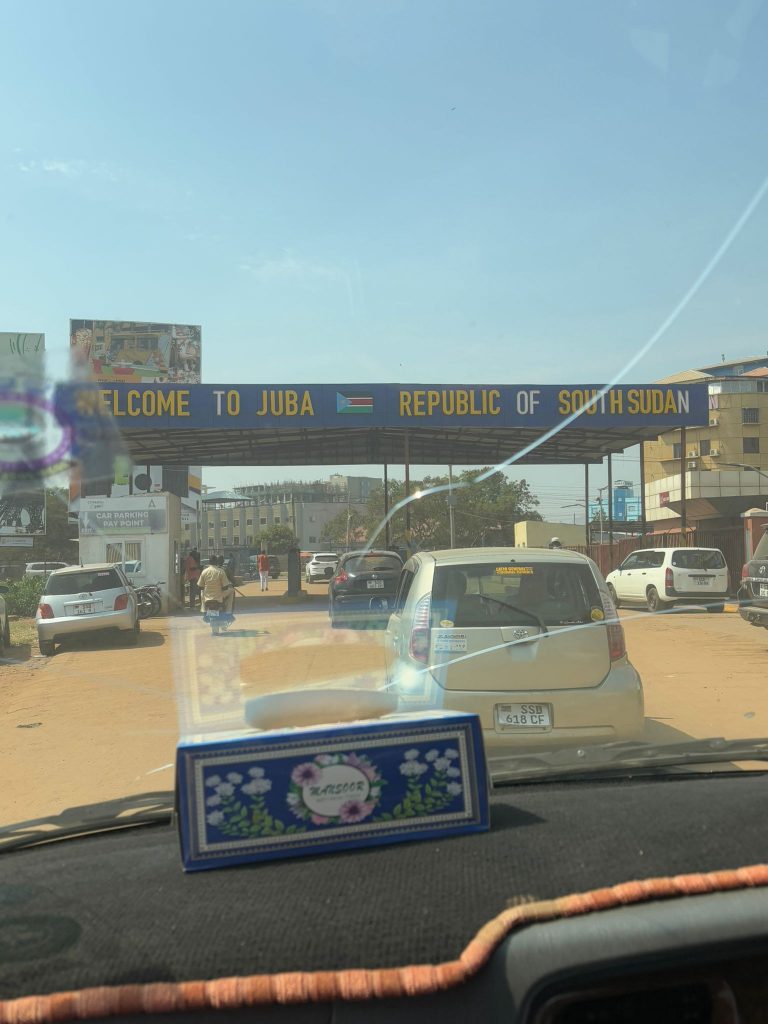
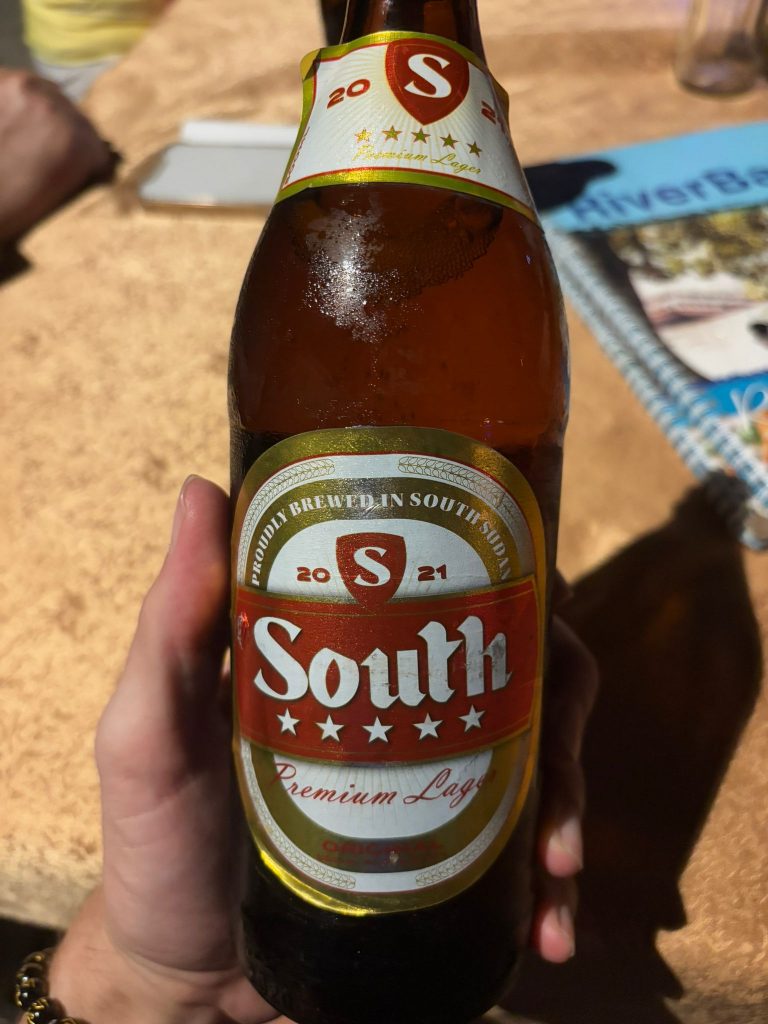
The Tribes of South Sudan
South Sudan is home to a remarkable array of tribes, each with unique cultural, economic, and social systems. Five tribes stand out for their size and influence:
Dinka
As the largest tribe, the Dinka make up about 35% of South Sudan’s population. Primarily agro-pastoralists, they hold cattle in high regard, symbolising wealth and status. Spread across regions like Jonglei and Warrap, the Dinka have produced many of the country’s political leaders and play a dominant role in governance. On a side note, they also are the tallest people in the world.
Nuer
The Nuer, the second-largest tribe, are also pastoralists with a deep cultural connection to cattle. They inhabit the Greater Upper Nile region and are known for their strong spiritual traditions. Historically, they have been central to South Sudan’s liberation struggle and subsequent conflicts.
Shilluk (Chollo)
The Shilluk, or Chollo, are notable for their centralised kingdom led by a hereditary monarch, the Reth. Situated along the White Nile, they primarily rely on farming and fishing. Their historical kingdom represents one of the oldest organised systems in the region.
Mundari
A smaller Nilotic group, the Mundari are renowned for their close relationship with cattle. Residing in Central Equatoria near Juba, they are recognised for their striking cultural practices, including intricate scarification and communal lifestyles centred around cattle camps. You might also see them wrestling among the ashes and dust!
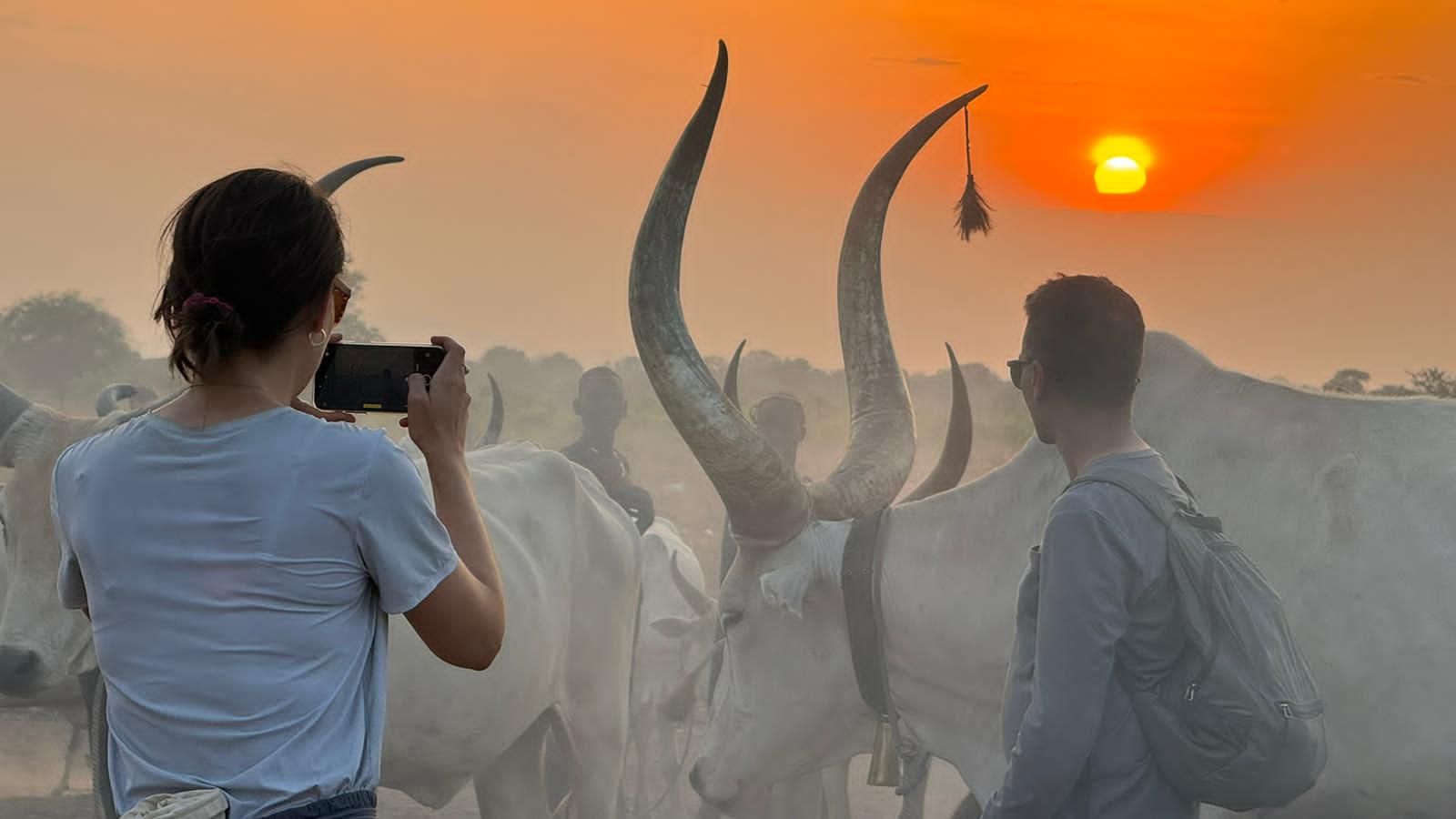
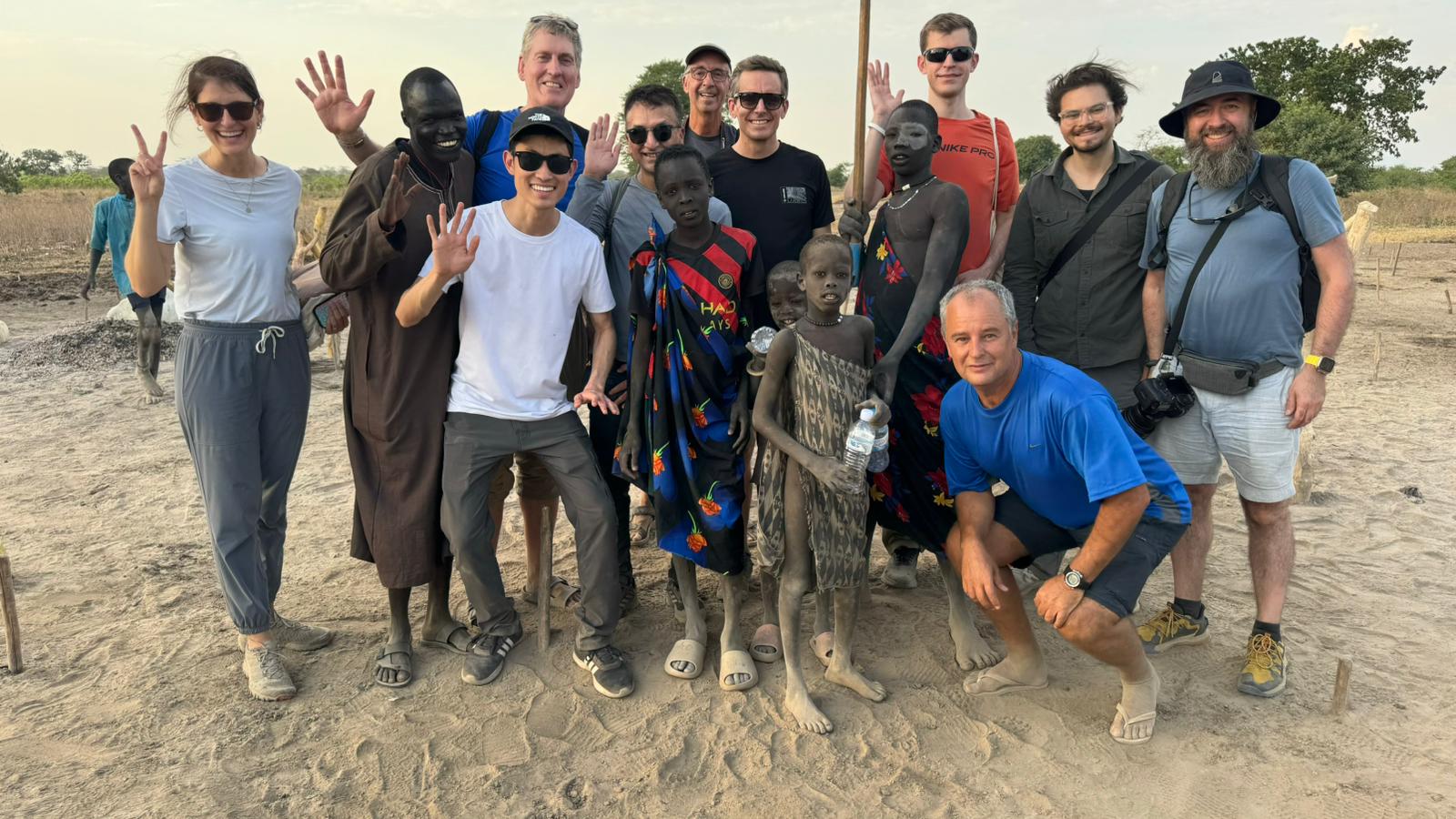
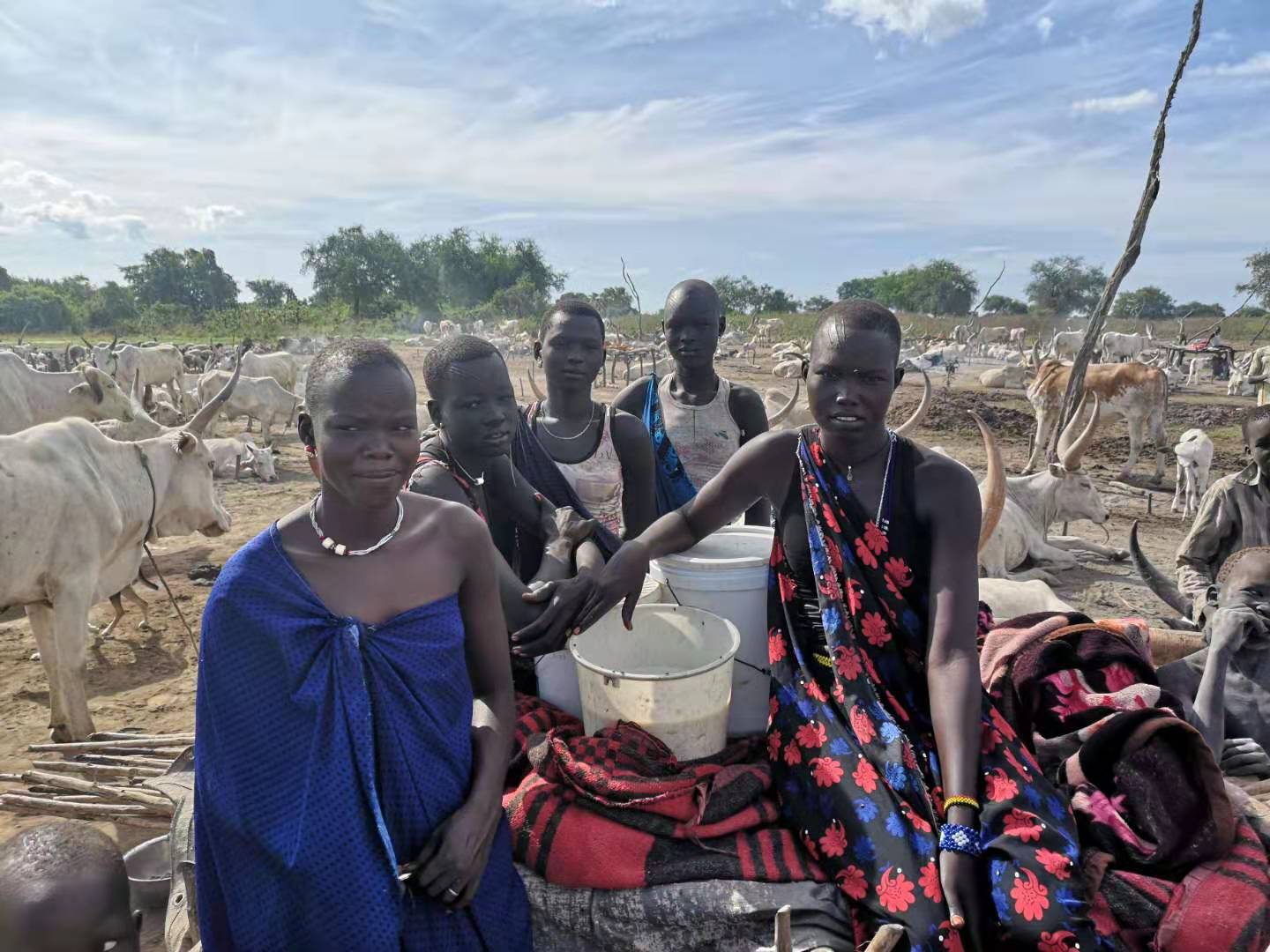
Zande
The Zande, the largest non-Nilotic group, inhabit Western Equatoria. Predominantly agriculturalists, they are celebrated for their artistic traditions and storytelling heritage. Their crafts and oral narratives enrich South Sudan’s cultural mosaic.
The Roles of Tribes in South Sudan
The Dinka and Nuer tribes wield considerable political power, often shaping the nation’s governance and peacebuilding efforts. While their rivalry has been a source of conflict, their cooperation is essential for South Sudan’s stability. Agro-pastoralist tribes like the Dinka, Nuer, and Mundari sustain South Sudan’s economy through livestock herding and trade. The Zande and Shilluk contribute to food security with their focus on farming and fishing.
South Sudan’s tribes define its cultural identity. The Mundari’s traditional ceremonies and the Zande’s artistic heritage attract global attention. Together, these practices showcase the nation’s rich cultural diversity. Traditional leadership structures, such as the Shilluk monarchy and Mundari elders, play vital roles in local governance and conflict resolution. These systems often succeed where formal institutions falter, particularly in rural areas.
Tribal leaders and communities are integral to peacebuilding initiatives. Dialogue between groups like the Dinka, Nuer, and Shilluk fosters reconciliation and helps bridge historical divides. Grassroots efforts often rely on tribal networks to rebuild trust and promote coexistence.
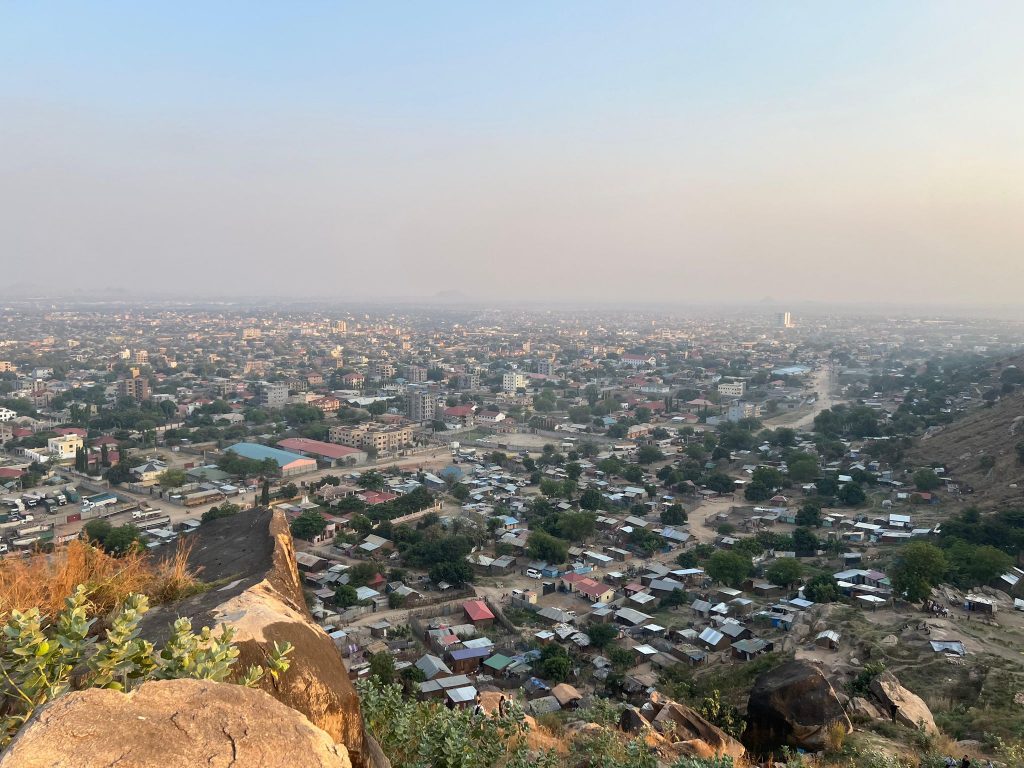
Looking ahead
Despite its challenges, South Sudan holds immense potential. Its upcoming elections and ongoing peacebuilding efforts signal a path toward stability and development. The active participation of its tribes, as custodians of cultural heritage and agents of change, will be crucial in shaping a unified and prosperous future for the nation.
The tribes of South Sudan tribes are not only the bedrock of its cultural identity but also pivotal players in its political, social, and economic development. By addressing historical grievances and embracing inclusive dialogue, the country can harness its diversity to achieve lasting peace and progress. For travellers, South Sudan offers a unique opportunity to explore its vibrant traditions and resilient spirit, promising both adventure and profound cultural insights.
Things have not exactly been easy since independence and much of the country is still dangerous, but YPT have designed the perfect South Sudan Tours, combining everything you need to see with the utmost safety and of course fun!





